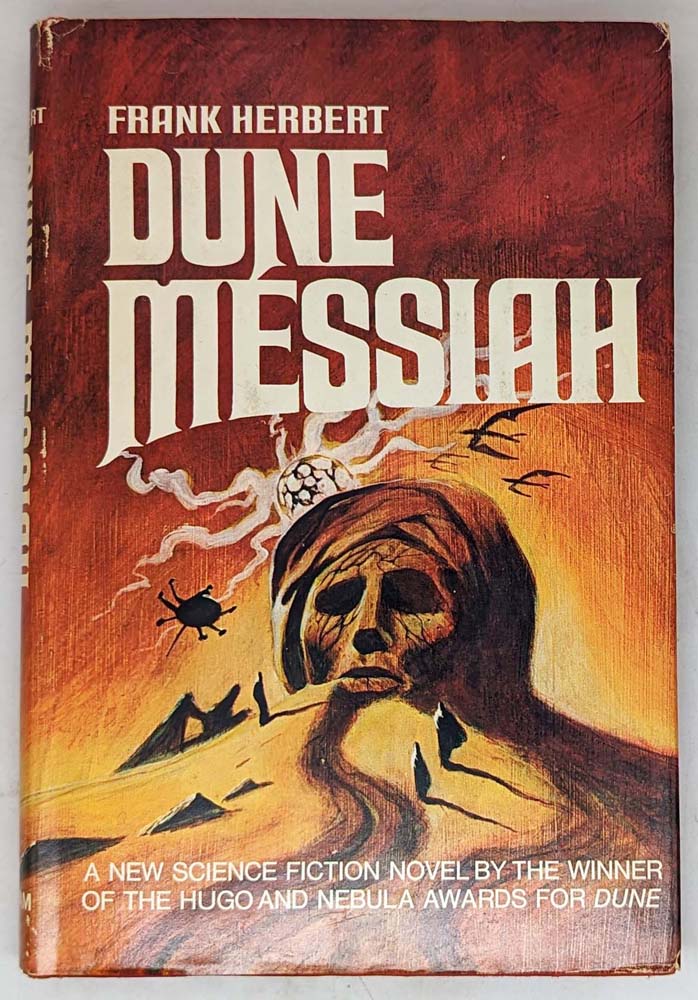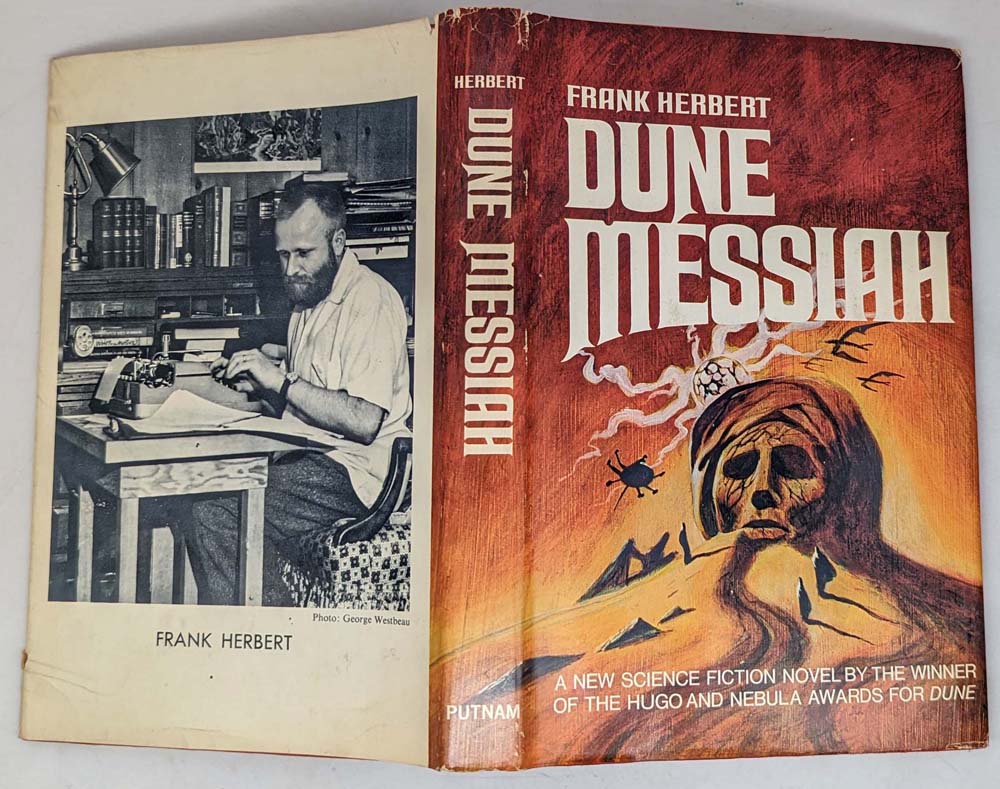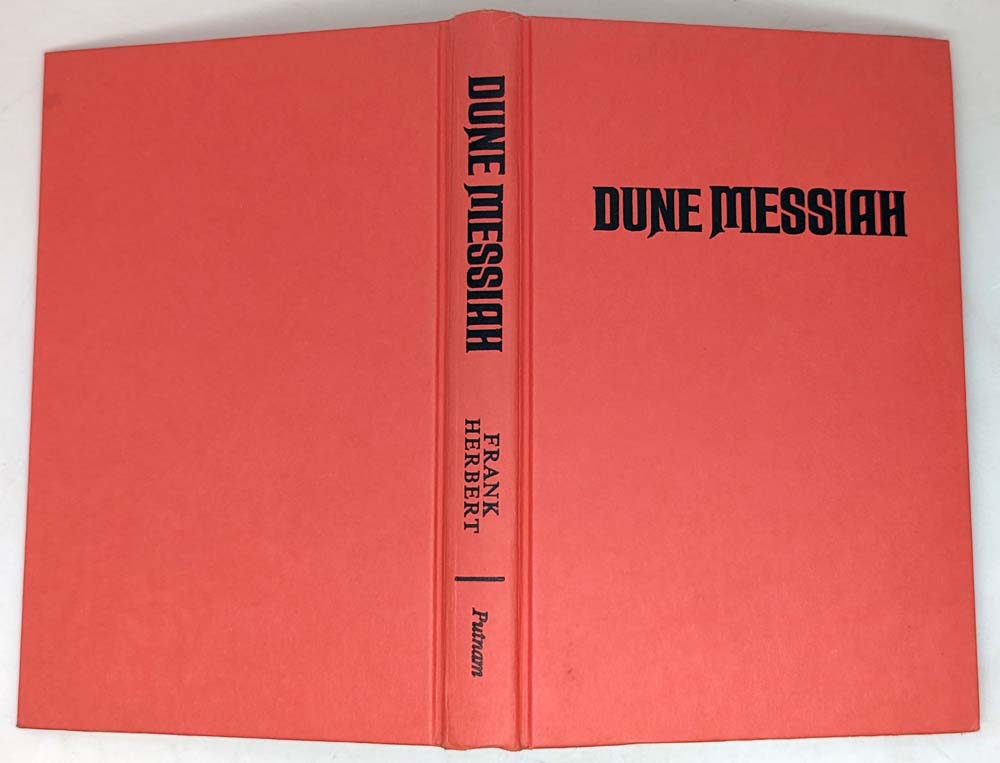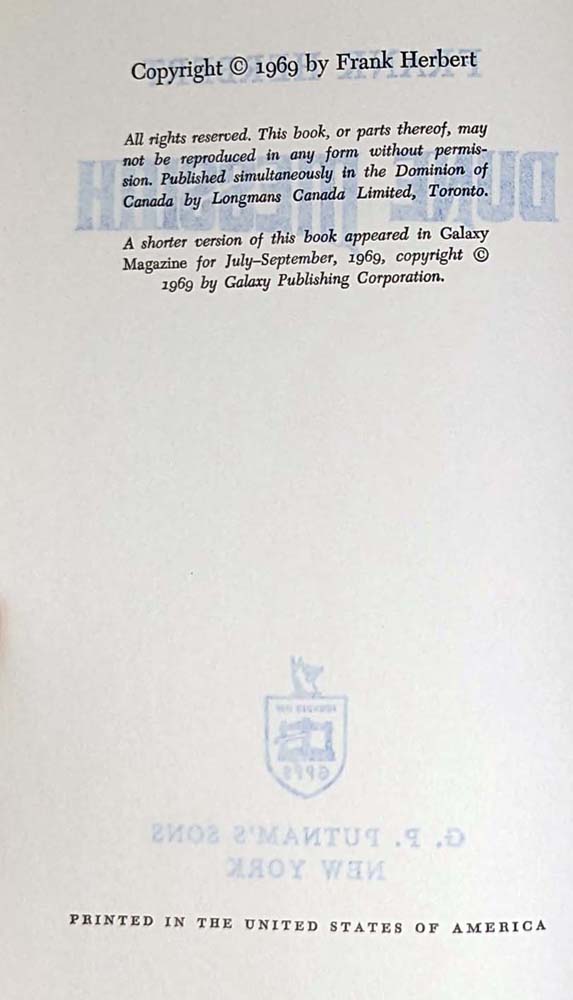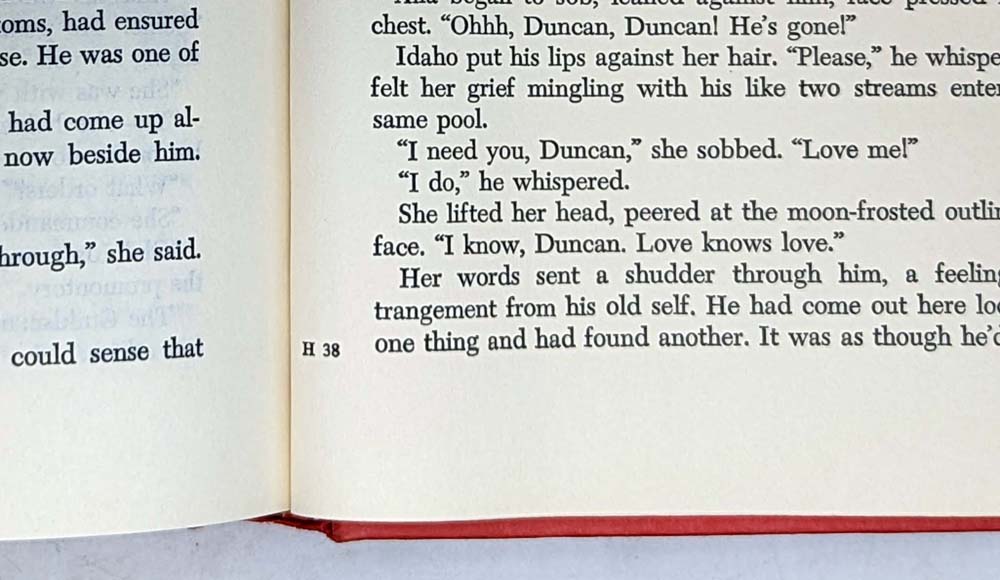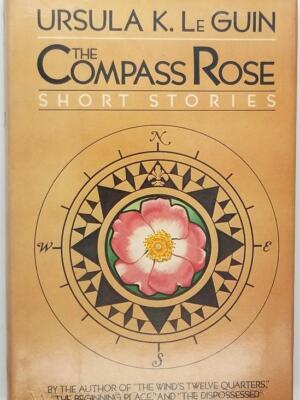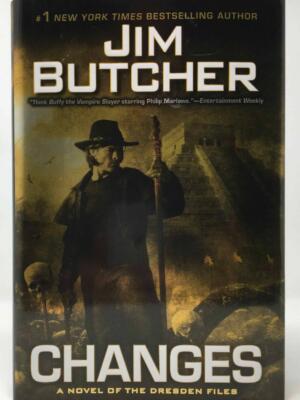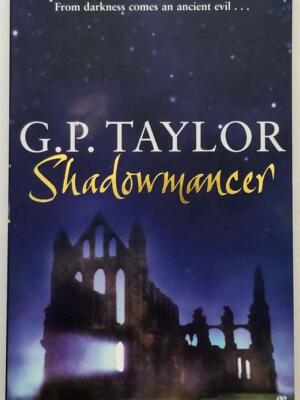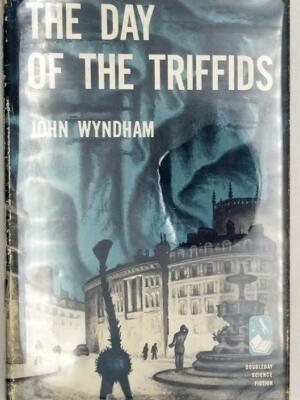Dune Messiah (1969) is the provocative second installment in Frank Herbert’s landmark Dune saga, a deliberate and haunting deconstruction of the hero’s journey that upends the triumphant ending of its predecessor. Set twelve years after Paul Atreides ascended to the throne as Emperor Muad’Dib, the novel reveals the grim consequences of his messianic rule—galactic holy wars fought in his name, the stifling bureaucracy of his empire, and the terrifying burden of prescience that locks him into a future he can foresee but not alter.
Herbert weaves a tapestry of political and spiritual intrigue as Paul confronts a conspiracy orchestrated by the Bene Gesserit, the Spacing Guild, and the Tleilaxu, who seek to topple him using Hayt, a ghola (clone) of his long-dead swordmaster Duncan Idaho. Meanwhile, Paul’s sister Alia, whose preborn consciousness makes her vulnerable to possession by ancestral memories, spirals into madness, and his lover Chani faces a tragic fate foretold in his visions.
The novel’s brilliance lies in its subversion of myth—Paul, far from a triumphant liberator, becomes a prisoner of his own legend, forced to reckon with the bloodshed caused by his fanatical followers. Herbert’s prose is dense with metaphysical musings on power, destiny, and the paradox of free will, culminating in a climax that reshapes the saga’s trajectory.
For readers who appreciate challenging sequels, Dune Messiah is essential, paving the way for Children of Dune (1976) and the deeper exploration of Herbert’s themes in later books. Those interested in similar deconstructions of prophecy and power might also enjoy Ursula K. Le Guin’s The Left Hand of Darkness (1969) or Gene Wolfe’s The Book of the New Sun (1980–1983).
(Fun fact: Herbert initially conceived Dune Messiah as a corrective to readers who misinterpreted Dune as a straightforward hero’s tale—his original outline was even darker, with Paul becoming a blind hermit earlier in the story.)
